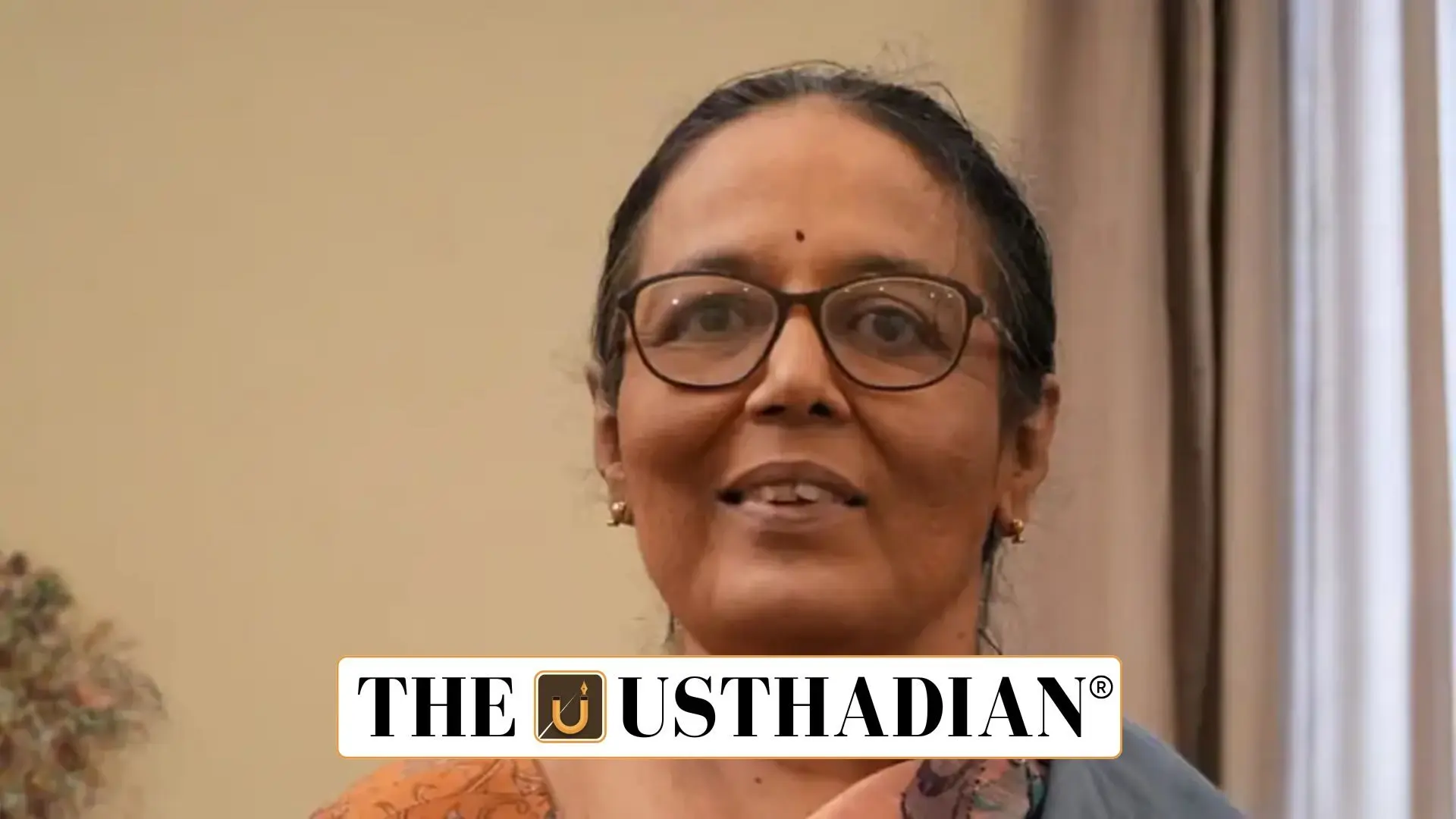A Historic Moment in Wetland Conservation
India’s First Ramsar Award Winner: Jayshree Vencatesan Puts Wetlands on the Global Map: Jayshree Vencatesan, co-founder of Care Earth Trust, recently became the first Indian to receive the Ramsar Award for ‘Wise Use of Wetlands’. This international recognition, announced on International Women’s Day, celebrates her decades-long commitment to India’s wetland preservation. She wasn’t alone in this honor—11 other women from across the globe were acknowledged for their work in wetland conservation, shining a light on the growing role of women in this critical field.
From Modest Beginnings to a Global Honour
Vencatesan’s journey began with just $350 in hand and a dream to protect marshlands often dismissed as wastelands. One of her most impactful efforts has been at the Pallikaranai Marsh, located in Chennai. This wetland, now recognized for its rich biodiversity, is home to more than 337 species of flora and fauna. Thanks to her team’s work, what was once seen as a dumping ground is now considered a crucial ecological site. It’s a real-life example of how determination can turn overlooked spaces into protected treasures.
Women Leading the Way in Wetland Research
What sets Vencatesan apart is her commitment to building a women-led research team. She believes that women must not only participate but also lead in conservation efforts. Her team has trained many young women scientists and ecologists who now work in different parts of India. In a field still dominated by male voices, her approach brings inclusivity and innovation into environmental science. This proves that conservation is not just about protecting nature—it’s also about empowering people.
Why Wetlands and ‘Wise Use’ Matter
Under the Ramsar Convention, the term ‘wise use’ means conserving wetlands while allowing sustainable development. Wetlands aren’t just pretty landscapes. They filter water, store carbon, prevent floods, and support wildlife. In cities like Chennai, wetlands help reduce flooding during monsoons. Yet many are being drained or encroached upon. The Ramsar Convention, signed in 1971 in Iran, encourages member countries to protect these vital ecosystems through national policies and public awareness.
Challenges That Slow Down Progress
Even with global recognition, Vencatesan’s path hasn’t been easy. She often faces legal and bureaucratic obstacles, such as outdated land records or unclear ownership of wetland areas. These issues slow down restoration efforts and discourage action. She argues that for any real progress to happen, governments must streamline land titles, remove red tape, and create clear conservation laws that work at the ground level.
Looking Ahead: What Needs to Change
As urban areas grow and climate change accelerates, wetland protection is more urgent than ever. Vencatesan believes we need more scientific planning, stronger community involvement, and policy reforms to secure the future of wetlands. India is a contracting party to the Ramsar Convention and has 80+ Ramsar Sites across states like Tamil Nadu, Kerala, and Punjab. But protecting them needs more than just paperwork—it needs commitment, leadership, and public support.
STATIC GK SNAPSHOT FOR EXAMS
India’s First Ramsar Award Winner: Jayshree Vencatesan Puts Wetlands on the Global Map:
| Topic | Fact |
| Ramsar Convention | Signed in 1971 in Ramsar, Iran |
| India’s First Ramsar Award Winner | Jayshree Vencatesan (2025) |
| Indian Ramsar Sites (as of 2025) | Over 80 sites |
| Pallikaranai Marsh Location | Chennai, Tamil Nadu |
| Total Species in Pallikaranai | Over 337 flora and fauna species |
| Ramsar Award Categories | Wise Use, Innovation, Influencing Policy |








